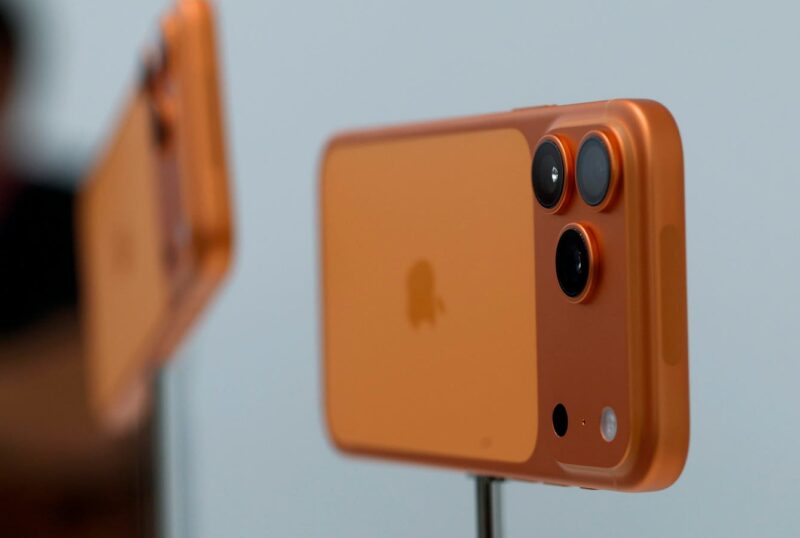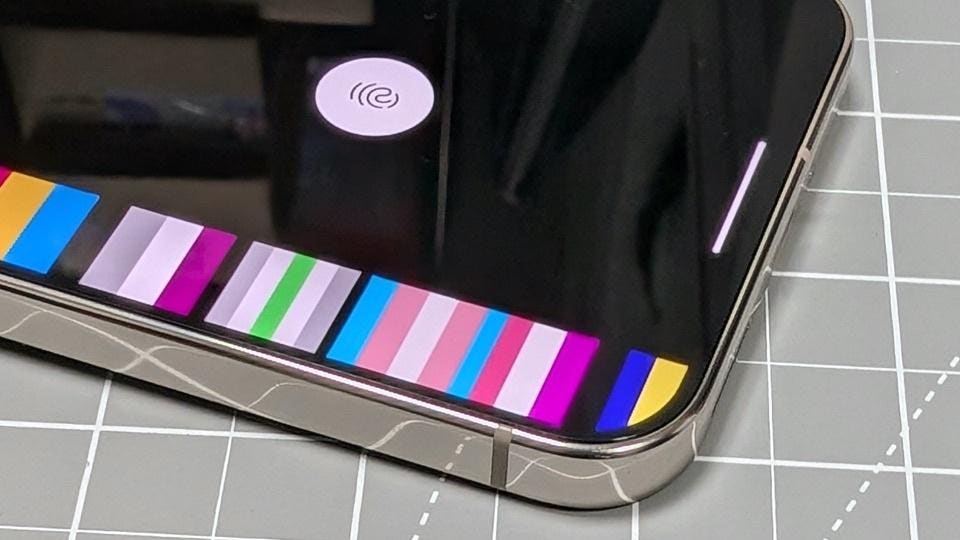Updated Oct. 31 with further details of the next iPhone software update.
Apple has a new iPhone update in the wings, and it’s about to make its entrance. Although there had been plentiful reports that an interim update was on its way, it’s now near-certain that the next iPhone software release will be iOS 26.1. Here’s why that’s a good thing.
Apple iPhone 17 Pro Max
Getty Images
Apple released iOS 26 in September, followed by a smaller update, iOS 26.0.1. Although it had been thought that iOS 26.0.2 would land before the next big number update, the moment, frankly, has passed.
So, the release candidate beta of iOS 26.1, which arrived on Tuesday, Oct. 28, told us that the general release is nearly here. Which has meant that the predicted iOS 26.0.2 is frankly not needed. Straight on, then, to iOS 26.1.
That’s a good thing because it will do a lot more than iOS 26.0.2. Mind you, the suggestion that iOS 26.1 has been delayed (as some reports have had it) is possibly misplaced. The schedule for release has some flexibility in it.
It means that iOS 26.1 will almost certainly be on general release on Monday, Nov. 3 or Tuesday, Nov. 4.
Of course, the security updates and bug fixes planned for iOS 26.0.2 will be folded into iOS 26.1, so its security goodness will be assured, but it will also have important new features, as is normal in a major-point update.
Liquid Glass is the biggest design change to the iPhone in more than a decade. In iOS 26.1 there’s a toggle to allow users to customize how translucent the glass is. It may not be the slider urged by some analysts, but it allows you to switch between a clear and a tinted look.
Apple explains that the clear setting reveals the content underneath while tinted adds more contrast and increases opacity. And from the release candidate beta, it seems that the switch is limited in what parts of the interface it affects, such as Notification Center and search bars.
Other changes coming to iOS 26.1 include, for the first time, the capability to turn off the lock screen’s swipe-to-camera gesture. No more accidentally launching the camera as you take the iPhone out of your pocket. This is different from the lock screen item which has been configurable to other functions for a while now.
Another change will be the ability to turn off the haptic notification when a call connects or is dropped. I find the connection buzz useful to regain my focus on the call, so I’ll be leaving mine as is.
You’ll also find that turning off an alarm (as opposed to snoozing it) now requires a slide, not a tap. Trust me, that’s better for those bleary-eyed moments when you could tap stop instead of snooze.
Other smaller updates include swiping left or right on a song title in Apple Music to change tracks, as well as tapping the next or backward buttons. And iOS 26.1 will introduce more Live Translation languages for iPhone and AirPods: Chinese (Mandarin, simplified), Chinese (Mandarin, traditional), Italian, Japanese and Korean are being added.
Finally, and this is an important update, you can now choose to automatically download, and install, security improvements in the background. No need to actively choose these and potentially leave your iPhone vulnerable in the meantime.
This is activated through a setting in Privacy & Security under Background Security Improvements. That’s the new name for what used to be called Rapid Security Responses, designed to offer security updates in between regular software updates. There’s a new aspect to this security system where you can choose to remove a Background Security Improvement, though there’s a warning that it will reduce the security of the iPhone.
That’s arguably one of most interesting things about the new BSI, that they will a breeze to uninstall, achieved just by tapping the three dots option to the right of the update’s name. Apple says, “In rare instances of compatibility issues, these security improvements may be temporarily removed and then enhanced in a future software update,” which perhaps explains the reason for this new capability.
The last Rapid Security Response appeared in July 2023, perhaps being phased out because of an issue where an RSR had to be immediately (rapidly, one might say) followed by another when it caused more bother than it was worth.
More details as they are revealed.









